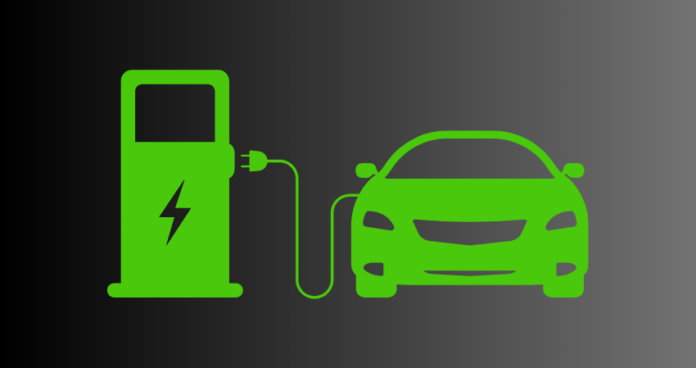In a major push toward reducing fossil fuel dependency and achieving climate targets, the Ministry of Climate Change and Environmental Coordination (MoCC&EC) on Friday convened a high-level consultative session with senior government officials and key electric vehicle (EV) industry players.
The meeting, chaired by Secretary MoCC&EC Aisha Humera Moriani, focused on scaling up EV adoption across Pakistan through policy reform, infrastructure expansion, and financing solutions.
A core agenda item was the urgent need for EV charging infrastructure, especially in urban centers. “Inadequate EV charging infrastructure, particularly in urban areas, is a major barrier,” Moriani stated. “Without significant investment in this area, the transition to electric mobility will remain out of reach.”
The dialogue is part of Pakistan’s commitment under its 2021 Nationally Determined Contributions (NDCs), which sets an ambitious target of 30% EV adoption by 2030.
Participants included representatives from the Ministry of Industries and Production, Engineering Development Board, and various divisions of MoCC&EC, along with leaders from top EV manufacturing and import companies.
A major highlight of the discussions was retrofitting Pakistan’s vast fleet of fuel-powered motorcycles—which currently number nearly 29 million out of over 37 million vehicles nationwide. This two-wheeler segment, officials stressed, could play a critical role in quickly cutting transport emissions.
“Standardized retrofitting offers a scalable solution, especially in the motorcycle segment, which dominates Pakistan’s transport landscape,” said Muhammad Asif Sahibzada, Director General (Environment & Climate Change) at MoCC&EC.
Industry representatives echoed concerns over the high upfront cost of EVs and the scarcity of charging stations, particularly along highways and in major cities. They urged the government to provide policy incentives and infrastructure development to enable sustainable growth in the sector.
To tackle affordability, the ministry is now exploring partnerships with financial institutions to offer consumer-friendly EV financing options.
At the same time, officials emphasized a shift away from importing Completely Built Units (CBUs) toward encouraging local assembly of Completely Knocked Down (CKD) units. “Encouraging CKD production will lower costs, support domestic industry, and generate green jobs nationwide,” Moriani said.
The ministry also underlined the need for a clear regulatory framework for motorcycle retrofitting, aimed at ensuring quality, safety, and performance standards, and offering legal clarity to service providers and consumers alike.
This strategic engagement reflects the government’s broader effort to drive low-carbon transport solutions and build a resilient, sustainable mobility ecosystem for the future.




